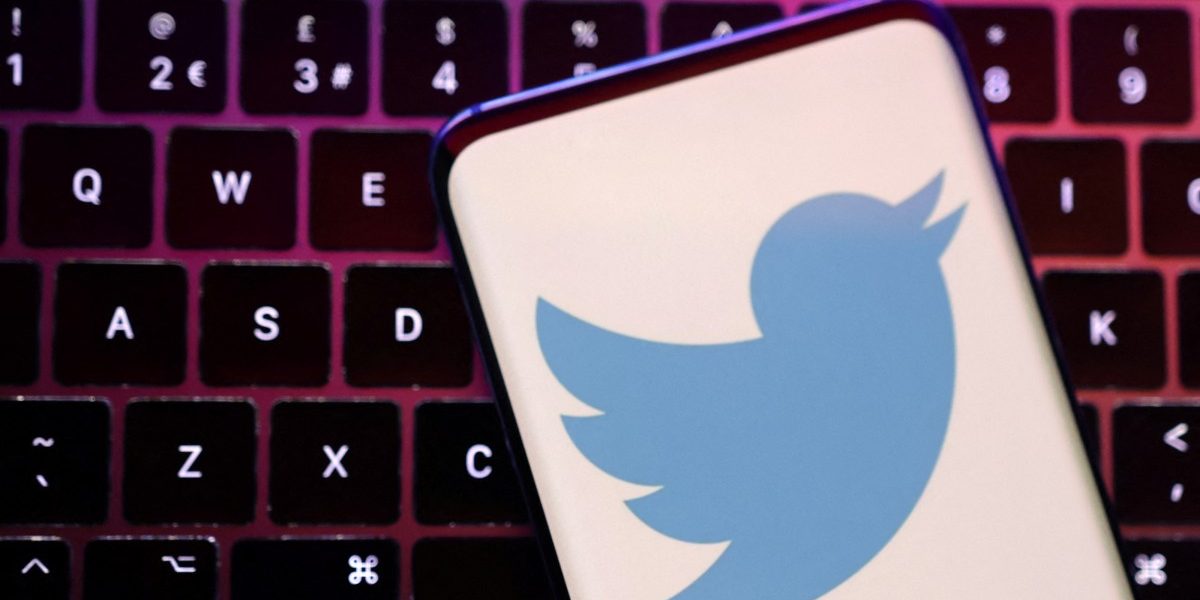Billionaire Elon Musk announced sweeping changes to Twitter after his takeover of the platform, which appear to be targeted at a few wealthy Anglophone countries.
But their effects will be felt around the world, and perhaps hardest in countries like India, where Twitter plays a unique role in a fragile but vibrant public sphere.
Twitter’s team in India has been variously accused of colluding with and defying India’s government by moderating speech on the platform, and tweets have been used as grounds to arrest journalists and activists.
But Twitter India barely exists this week, after Musk reportedly fired 90% of the team.
The new precarity may jeopardise the legal status of speech on Twitter in unpredictable ways. For example, it’s unclear if Twitter will continue to pursue its lawsuit against the Indian government’s attempts at censorship, or if an owner who almost certainly sees India as a potential market for his electric vehicle company would consider such a political action favourably.
Twitter users, long frustrated with the lack of transparency in its verification process, often mock its verified checkmark as little more than a sign of clout. But the feature may have distressing consequences when it is made available in India, already home to some of the most intense hate speech operations on Twitter. It will provide uniquely terrible opportunities for motivated opponents to harass Muslim women and women from marginalised castes. In a political environment where police agencies use tweets not amounting to hate speech to charge or punish dissidents, the effects could be severe.
Also read: Why a Paid ‘Blue Tick’ Verification on Twitter Is Fundamentally Flawed
Somewhere between these two kinds of damage lies the blow to a rare element in India’s public conversation. Getting Twitter’s famously drippy bottom line under control appears to involve boosting the experience for users from its core markets at the expense of its longish tail outside the US and the West.
In the short term, this may seriously affect Indian publishers’ ability to broadcast and access quality information, wreck the visibility of content from Indian media, and affect how journalists and researchers participate in conversations.
Musk’s takeover may well have positive knock-on effects. But the chaos it has introduced into a service where consistency and transparency are fundamental elements has its nearest emotional parallel in our experience with demonetisation, which did the same thing to the Indian economy.
At the time, conspiracy theorists opposed to the ruling BJP called demonetisation a blitzkrieg whose real target was funding for opposition parties in a crucial upcoming state election. It’s hard not to be reminded of that rumour as Americans wait to see what effect, if any, the Twitter takeover will have on this week’s US midterms.
I live in Mumbai. Twitter became real to me one evening in 2008, when I came home late and turned on my parents’ computer to search for news about a rumour that had begun circulating on my commute as the train left Churchgate station – something about gunshots fired at Café Leopold.
Over the next 72 hours, as Pakistani gunmen killed and took hostages at various sites in the city, this fledgling website made its first mark on the Indian news cycle.
It changed the way thousands interacted with strangers, the news and civil society online.
Also read: Mass Migration From Twitter Is Likely To Be an Uphill Battle – Just Ask Ex-tumblr Users
Its capacity to act as a rallying point in crises made Twitter a hub for information and mutual aid like no other online or offline platform. It was always beholden to venture capital and reputationally bound to celebrities from traditional media, but Twitter’s democratic functions ended up both making and recording history over the last decade.
In the same week that Musk took over Twitter, the British-Egyptian activist Alaa Abd El-Fattah escalated his hunger strike in a prison outside Cairo ― he stopped drinking water. El-Fattah, a political dissident repeatedly incarcerated by the Egyptian government, helped broadcast the Tahrir Square uprising to the world on Twitter in 2011.
An ominous parallel: not even the old Twitter could have prevented the danger to his life. On Musk’s Twitter, even his vision of liberty is likely to be buried far down the timeline.
Supriya Nair is a journalist, writer and podcaster. She is the co-founder of All Things Small.
This article was first published on The India Cable – a premium newsletter from The Wire & Galileo Ideas – and has been republished here. To subscribe to The India Cable, click here.
Featured image: Twitter app logo is seen in this illustration taken, August 22, 2022. REUTERS/Dado Ruvic/Illustration

